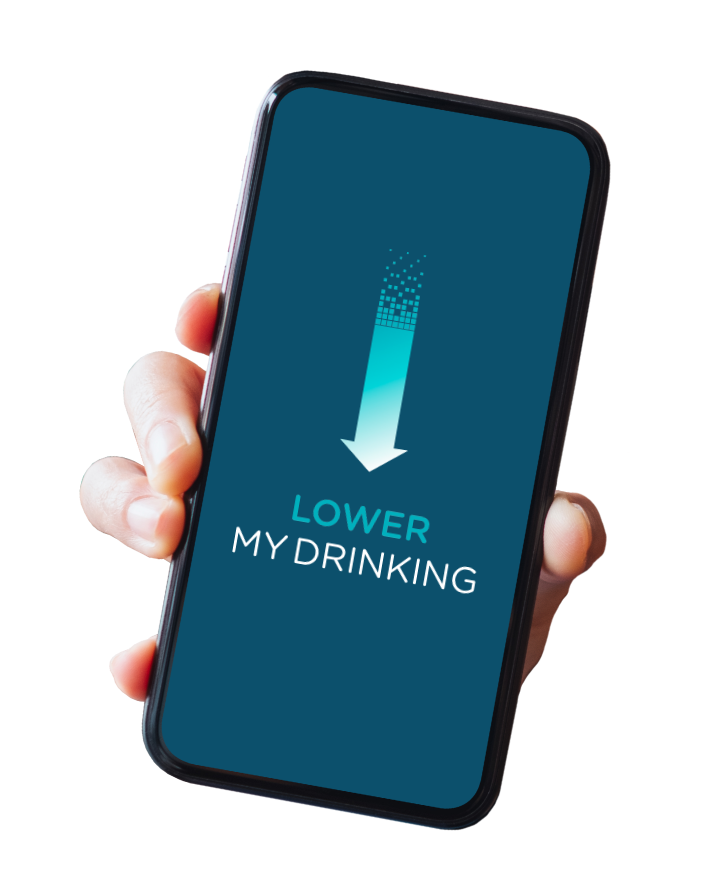Helping someone else drink less
Helping someone else drink less
It’s one thing feeling you might be drinking too much yourself. But if it’s someone you care about doing that, it can be really difficult to know how to help. What signs should you look for? How do you approach the subject without upsetting them? What help can you offer? Here we’ll try to answer some of those questions.
Look for the signs
It can be difficult to decide whether someone’s just going through a phase of drinking a little more, or developing a dependence on alcohol. Here are a few signs to look out for.
- They’re disinterested in their usual activities, preferring to have a drink instead.
- They’re increasingly tired, unwell or irritable.
- They’re having trouble sleeping, and seem anxious or depressed.
- They seem drunk more often, or need to drink more to have the same effect.
- They find it difficult to stop at one or two drinks.
- They’re secretive or dishonest about how much they’re drinking.

Raising the issue
Timing is everything here. Choose a calm moment to talk to them about their drinking, and be ready to listen. Avoid words like ‘alcoholic’ and ‘drinking problem’ – these will just make them defensive. Instead, use positive, supportive language and don’t criticise.
Talk about the consequences of drinking more, rather than whether or not they have a problem, and don’t try to be a counsellor – get them to talk to a health professional if necessary.
Use the Lower My Drinking app
It’s difficult to convince someone they should drink less, and even harder to get them to commit to changing. As a great starting point, get them to download the Lower My Drinking app, and simply log every drink they have over a week or two. That way they’ll begin to see just how much they’re consuming, and how it might affect their health in the long-term. You could also download it, and suggest you both set some goals and see how you get on!
The app’s also packed with handy tools and tips to help them draw up drinking goals to help them cut down their drinking, and look after their health.
There’s plenty of support
Remember, there’s plenty of other support available for you and the person you care about. Your GP is a good first port of call, and there are other health partners and local groups who can help. You’ll find details of many of them on our website.







